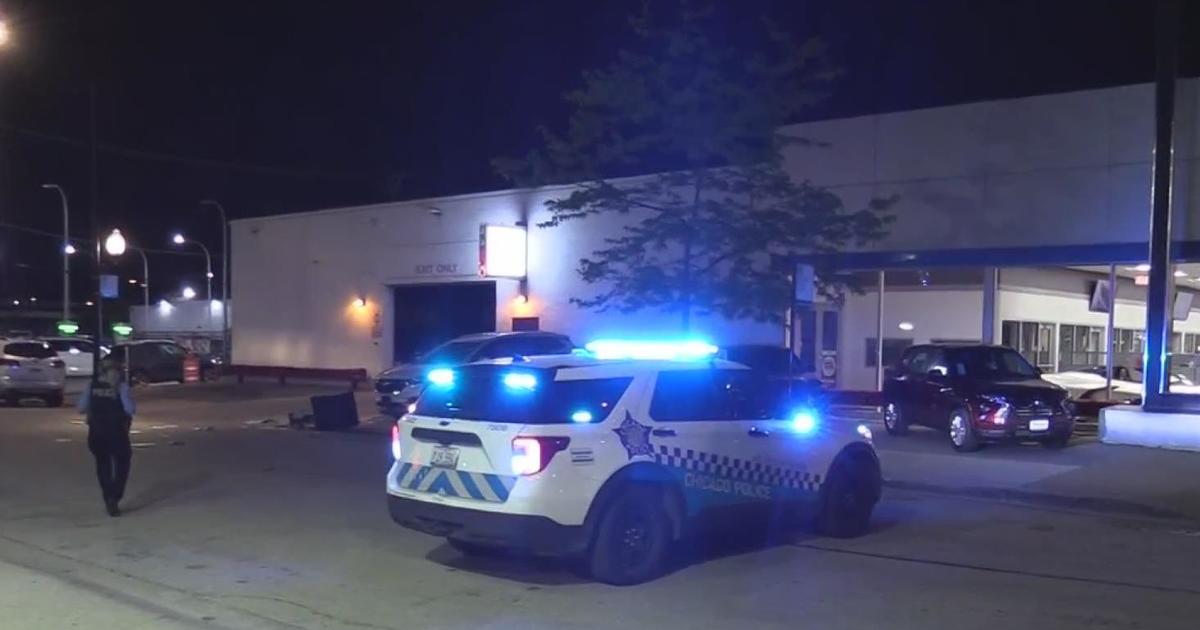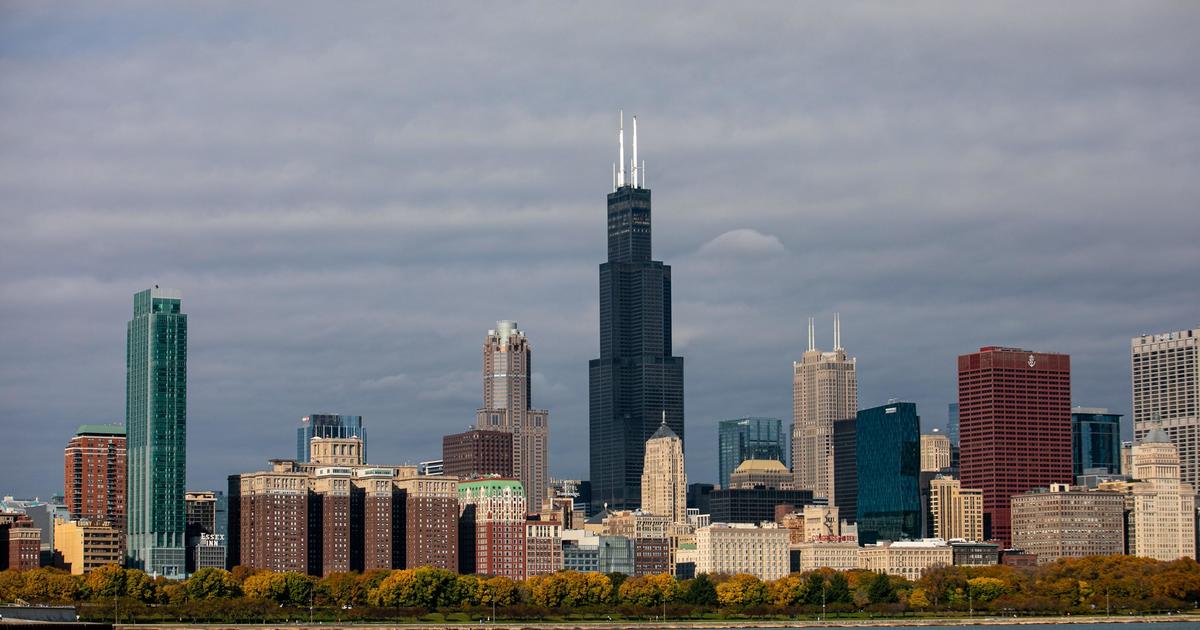Retail Theft Thresholds Are Rising
By Paige Tortorelli
In Texas shoplifters can snag nearly 20 pairs of Jordans off the shelves and walk away with a misdemeanor. Yet only two pairs warrant a felony in Virginia.
Retail theft laws vary from state to state, but in the past two decades, a national trend to raise minimums for felony charges has emerged.
Oklahoma went from $50 to $500 in 2001. Connecticut doubled the amount needed to earn a felony – rising from $1000 to $2000 in 2009. Texas, which has one of the highest thresholds, increased its minimum from $1,500 to $2,500 in 2015.
Nearly 40 states have increased felony theft thresholds since 2000, but a few states still have more conservative numbers, according to the Pew Charitable Trusts.
Virginia and New Jersey have the most severe penalties, with just $200 of stolen merchandise landing thieves felonies. And in Massachusetts it only takes $50 more.
Felony offenders generally spend a year in state prison whereas misdemeanors garner probation or less than a year in local jail.
Proponents advocate that jails should not waste resources on low-priority offenses, yet critics are wary that these higher thresholds incentivize theft.
As of 2010, Illinois state law mandates thieves receive a felony if $500 or more is stolen. For retail theft specifically, only $300 warrants a felony. Compared to other Midwestern states, Illinois has a relatively harsh retail theft law – Wisconsin sets their threshold at $2500 and Indiana requires $750 or more to be stolen.
In Cook County, however, these rules are more lenient.
As one of her first policies in office, State's Attorney Kim Foxx said that retail theft charges would remain a misdemeanor unless thieves steal over $1000 or have 10 prior felony convictions to receive the same punishment.
Since Cook County enacted this new law, retail thefts in the First and Eighteenth Districts have risen. In 2015, before the new standard was enacted, these areas had 519 thefts per year compared to 823 in 2018, according to city data.
Tanya Triche Dawood, the vice president and general counsel of the Illinois Retail Merchants Association, has seen these negative repercussions.
"Thieves have declared open season on small business owners in the retail industry and it has taken a toll on their patience, their finances and continually threatens the safety of employees in the convenience and grocery sectors," she said.
On a national scale these more lenient laws do not produce higher crime statistics, according to the Federal Bureau of Investigation (FBI).
In fact, their study reported that property theft offenses have decreased by 11 percent from 2013 to 2017.
Prior to Foxx's 2016 change, many of these low-level offenders were locked up on the taxpayer's dime for months or even years. Foxx said it was not worth allocating resources towards these lower-level crimes.
"This shift in policy has allowed prosecutors to focus on the drivers of violence rather than low-level, non- violent offenses," a representative from the State's Attorney's Office said. "In 2016, violent crime in Cook County was at a high and increasing rate, yet retail theft was the number one felony charge that law enforcement referred to the State's Attorney's Office for review."



